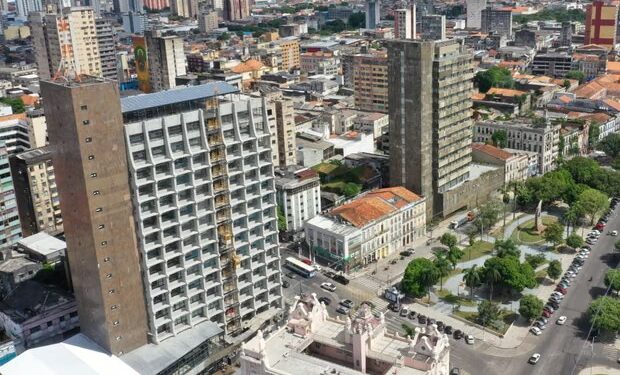The United Nations convened emergency discussions this week to address escalating accommodation costs ahead of the COP30 climate summit, scheduled to take place in Brazil later this year. Delegates and observers have expressed growing concern that soaring hotel prices and limited availability risk undermining participation and inclusivity at the crucial global event.
Rising costs threaten equitable access
COP30, expected to attract thousands of government officials, scientists, activists, and journalists from around the world, is already facing logistical challenges exacerbated by inflationary pressures in Brazil’s hospitality sector. Accommodation prices in the host city have reportedly surged by over 60% compared to previous COP meetings, driven by high demand coinciding with a peak tourist season and limited hotel capacity.
Smaller delegations from developing countries, non-governmental organisations and youth groups have voiced fears that prohibitive lodging expenses could effectively exclude them from vital negotiations and side events. The issue raises questions about equitable access to climate diplomacy at a time when inclusive representation is widely regarded as essential for meaningful progress.
UN response and proposed solutions
In response to mounting criticism, the UNFCCC Secretariat has initiated emergency consultations with Brazilian authorities, hotel associations, and international partners to explore mitigation strategies. Options under consideration include negotiated room blocks at reduced rates, subsidised accommodation for low-income delegates, and the creation of dedicated “COP villages” offering affordable housing alternatives.
Officials have emphasised the need for swift action to ensure that financial barriers do not undermine the summit’s legitimacy or limit participation to wealthier nations and stakeholders. The UN has also urged member states to assist their delegations in securing early bookings and exploring remote participation where feasible.
Wider implications for global conferences
The accommodation crisis at COP30 reflects broader challenges facing international gatherings amid rising costs and supply chain constraints worldwide. Similar issues have recently affected summits on health, trade, and security, prompting calls for more sustainable and equitable conference planning practices.
Experts highlight the importance of balancing local economic benefits from hosting large events with accessibility and environmental sustainability. Brazil’s experience may serve as a case study for future summit hosts seeking to manage accommodation demand without excluding critical voices.
Looking ahead
With COP30 just months away, stakeholders remain hopeful that collaborative efforts will mitigate accommodation challenges. However, the episode underscores the complexity of organising large-scale, inclusive global meetings in an era of inflation and uneven economic recovery.
The UN’s emergency talks represent an urgent attempt to safeguard the integrity and inclusivity of one of the most important climate events of the decade — a task whose success will have lasting implications for international cooperation on climate action.
REFH – Newshub, 3 August 2025




Recent Comments